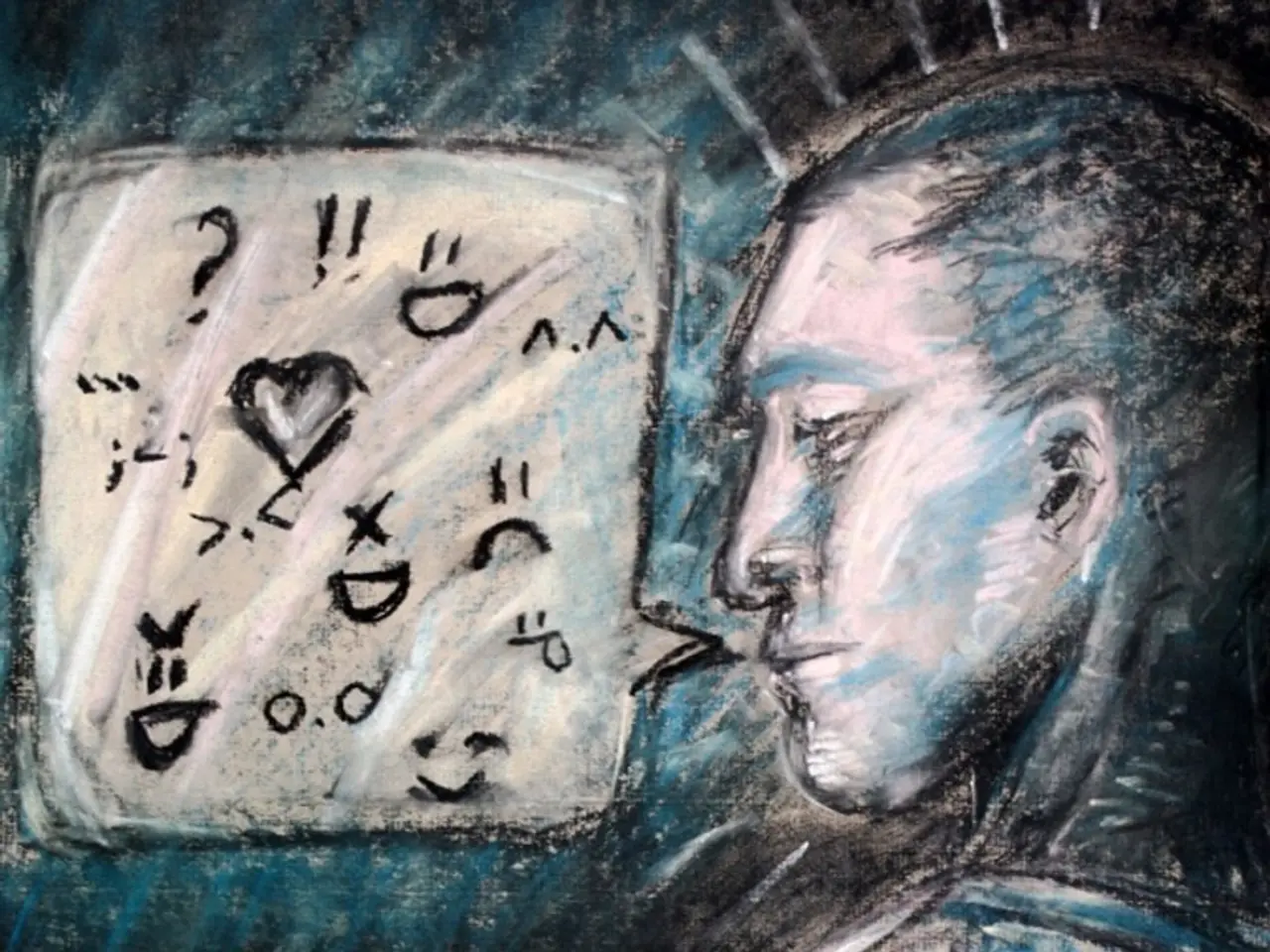Chatbot Ethics and Mental Health: Guidelines for Ethical Reporting Regarding Potential Hazards
In the ever-evolving landscape of digital health, two notable figures stand out – Dr. John Torous and Dr. Keith Sakata. Both are making significant strides in the field of mental health, leveraging their unique backgrounds and expertise.
Dr. John Torous, M.D., MBI, is the director of the digital psychiatry division at Beth Israel Deaconess Medical Center. With a solid foundation in electrical engineering and computer sciences, earned at UC Berkeley, Dr. Torous has a distinct approach to digital mental health. He co-founded Skript, a diagnostic training platform that has been adopted by prestigious institutions like UCSF and Stanford.
Meanwhile, Dr. Keith Sakata, M.D., is a psychiatry resident at the University of California, San Francisco. He has a broad focus on dual diagnosis, PTSD, OCD, pain, and addiction. Dr. Sakata's impressive journey includes training in internal medicine at Stanford Health Care.
In addition to his clinical work, providing treatment and psychotherapy across outpatient and specialty clinics, Dr. Sakata has also taken on leadership roles. He founded the Mental Health Innovation and Digital Hub (MINDHub) at UCSF, fostering innovation and collaboration in the digital mental health sphere.
Currently, Dr. Sakata serves as Clinical Lead at Sunflower, an addiction recovery startup. His advisory role extends to startups working to improve access in mental health, including Two Chairs and Circuit Breaker Labs.
The intersection of technology and mental health is rapidly expanding, with AI-based chatbots becoming increasingly popular for mental health support. While platforms like YouCam AI Chat offer 24/7 emotional support focused on self-help, it's important to note that they do not replace professional therapy. Other AI chatbots, such as ChatGPT, Pi, and Character.AI, are also used for therapeutic help, but they lack the specialized professional experience found in human mental health practitioners.
Some AI tools, like those developed by OpenAI, collaborate closely with medical professionals including psychiatrists to improve their support. However, it's crucial to remember that AI chatbots do not possess specific clinical treatment expertise themselves.
In this dynamic and rapidly evolving field, the contributions of Dr. John Torous and Dr. Keith Sakata are invaluable. Their dedication to improving mental health care through digital means is shaping the future of this vital sector.
Read also:
- Countries initiate efforts to prohibit smoking within vehicles
- Backed by Scientific Evidence, 11 Strong Arguments for Almond Appreciation
- Administration's effort to dismiss thousands of Health and Human Services employees denied by the court
- Funds amounting to approximately 1.17 million euros designated for local meetings regarding nursing practices





